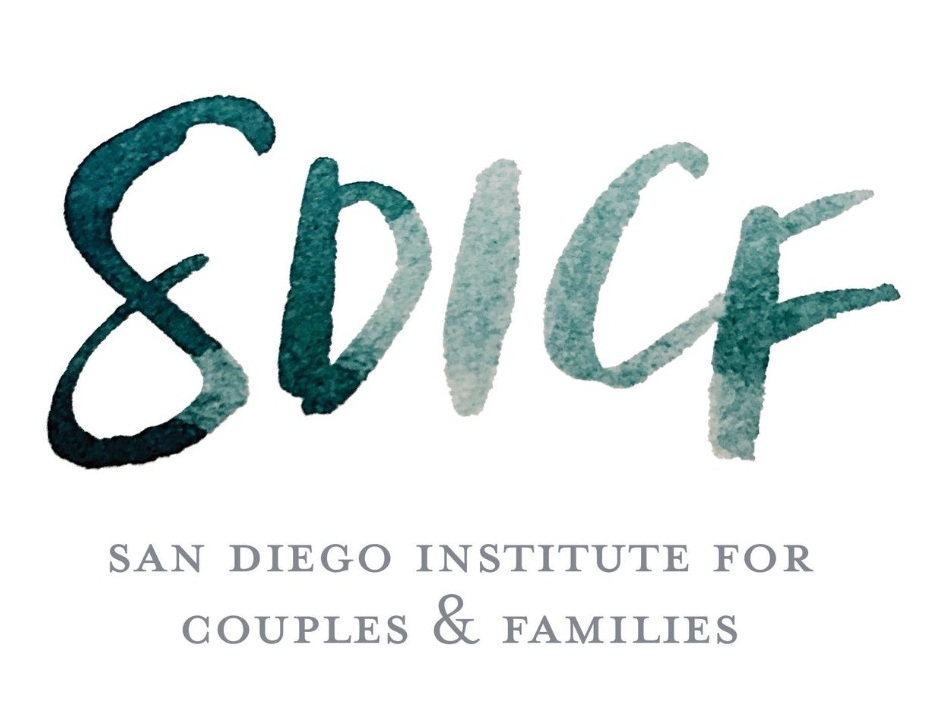By Marlee Cornue, Marlee Cornue, M.S., Associate Professional Clinical Counselor, APCC# 9000, Employed by SDICF and Supervised by Mary Cipriani, LMFT #32742 (mcornue@sdicouples.com)
There is a fairly famous book in the world of psychology titled “The Body Keeps Score” by Bessel van der Kolk M.D. In his book, Van der Klok explains how traumatic memories are held in our bodies. As a way of protecting us, our bodies may lock up traumatic memories for years and years. As your body relaxes or is triggered, memories can be unlocked without warning. This is the reason many soldiers fund themselves having dreams of being in combat (as their body relaxes for sleep). Or parents begin to remember challenging memories of their own childhood when they have their own children. These intrusive memories are the mind's way of working through and making sense of what happened to us.
Trauma and grief are always complicated. For this reason, it can be incredibly scary to face the past but you will be surprised as to what happens to you when you do. When traumatic memories come to you, it is your body's way of asking you to please organize and make sense of the memory. When you repress this, your body and mind will continue to ask.
The great news is that by working through the trauma you give your mind and body the gift of being reorganized and filing away the trauma. This doesn't take away your memory of it, but it takes away the emotional charge the memory once had.


